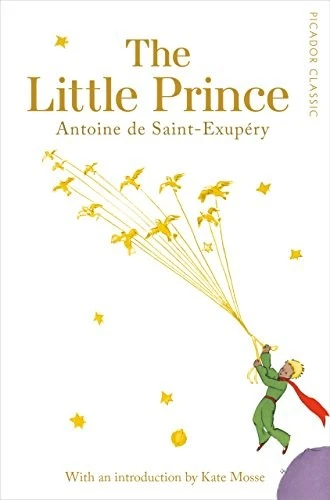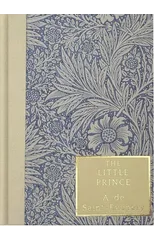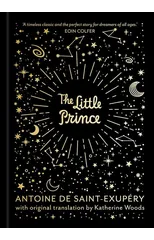The Little Prince
(Author) Antoine de Saint-ExuperyA pilot who has crash landed in the desert awakes to see an extraordinary little boy. 'Please, ' asks the stranger, 'will you draw me a little lamb!' Baffled by the little prince's incessant questioning, the pilot pulls out his pencil, and starts to draw. As the little prince's curiosity takes them further on their journey together, the pilot is able to piece together an understanding of the tiny planet from which the prince has come and of his incredible travels across the universe. First published in 1943, The Little Prince by Antoine de Saint-Exupery has been translated into more than 250 languages, becoming a global phenomenon. Heart-breaking, funny and thought-provoking, it is an enchanting and endlessly wise fable about the human condition and the power of imagination.
Antoine de Saint-Exupery
Antoine de Saint-Exupery was a French writer and aviator born in 1900. He is best known for his novella "The Little Prince," which has become a classic of children's literature. Saint-Exupery's writing style is characterized by a poetic and philosophical approach, often exploring themes of human nature, love, and the search for meaning in life.
As a pioneer of aviation, Saint-Exupery drew inspiration from his experiences as a pilot, incorporating them into his works such as "Night Flight" and "Wind, Sand and Stars." His storytelling is marked by a sense of adventure and a deep admiration for the beauty of the natural world.
Saint-Exupery's contributions to literature have had a lasting impact on the genre of fables and allegorical storytelling. His works continue to be celebrated for their timeless wisdom and universal themes, making him one of the most influential writers of the 20th century.











